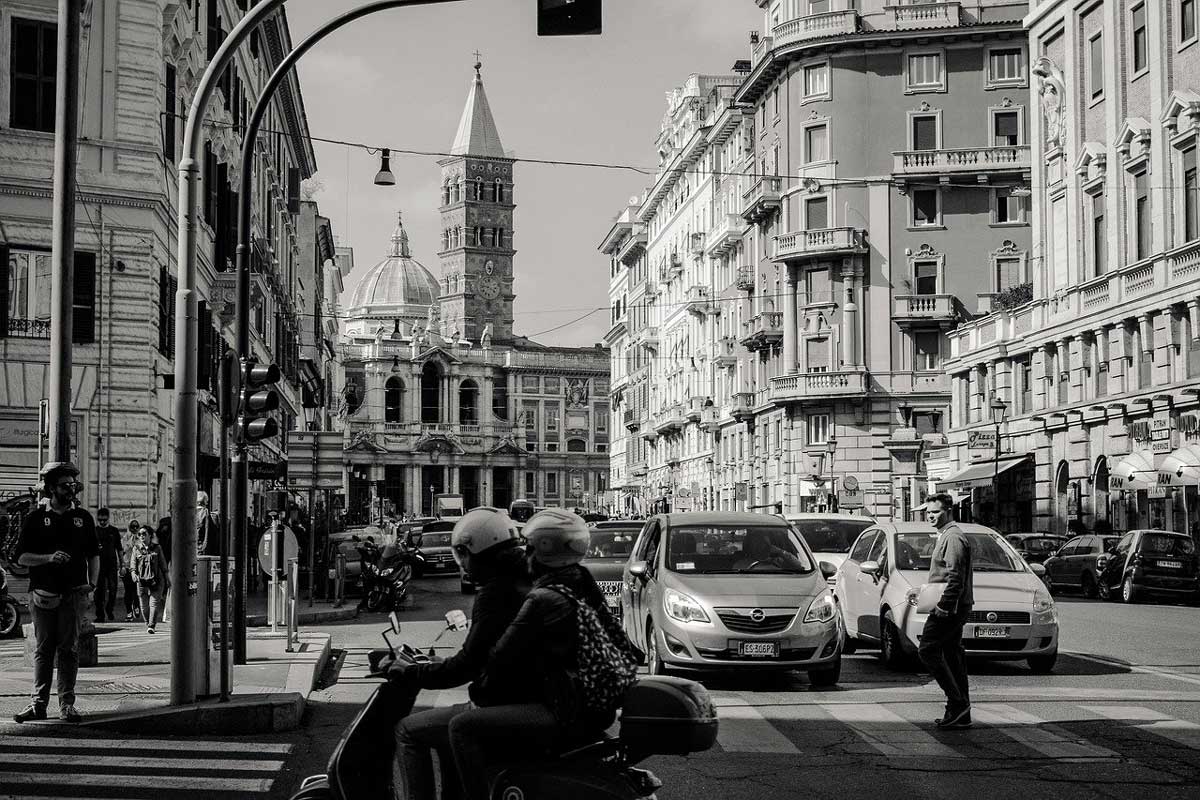The Covid-19 pandemic has been troubling the world for almost two years now, and the travel industry is one of the biggest victims of this unprecedented crisis. While there have been some upswings over the past two years, it’s mostly one big downturn and not a very bright near-term outlook for the sector.
The crisis has hit countries heavily dependent on tourism the hardest, with their major cities hardest hit by the global pandemic. A prime example of how Covid-19 restrictions have ruined tourism is Rome, one of the world’s most popular tourist destinations.
A third of the hotels in Rome are closed
The hotel industry in Rome is currently facing numerous challenges. According to the latest data, 350 of Rome’s approximately 1,300 hotels are currently closed, with another 50 planning to close in the coming days.
The reason for this is that current occupancy rates have dropped to April 2020 data. The situation is also exacerbated by the obligation to present a green pass to enter hotels, a measure the government has taken to persuade Italians to get vaccinated.
However, industry representatives accuse the authorities that no action has been taken to support hotels in Rome affected by the lockdown. And because of this, more than 7,000 people are at risk of losing their jobs in the next three months.
Mass layoffs
Layoffs are another problem facing hotels in Rome. Many hotels have already laid off their employees, such as the Sheraton Hotel or the Cicerone Hotel. And, as mentioned, this may just be the beginning.
In this context, unions have called for urgent action to support the tourism supply chain and are calling for an urgent layoff ban and activation of social safety nets to avoid the risk of companies passing the costs of the pandemic crisis onto workers.
Urban tourism under threat
According to Alessandro Onorato, member of the city’s tourism board, “the sector’s turnover is almost zero and we pay the highest price of any city of art.”
“The pandemic has significantly reduced the flow of tourists from countries that until recently constituted a significant part of travelers heading to Rome. The crisis affects all related industries: tour operators, guides, tourist buses, taxis, shops, restaurants. The list, unfortunately, is very long,” the official added.
To try to find a solution, Honorato demanded that an extraordinary municipal council be convened with Labor Minister Andrea Orlando and Tourism Minister Massimo Garavaglia.
“We are grateful to the government for what has been done to date, but now more than ever, we must be clear that there is a huge risk to the economic sustainability of urban tourism: extinction or sale to international funds. We cannot allow this,” Honorato concluded.

